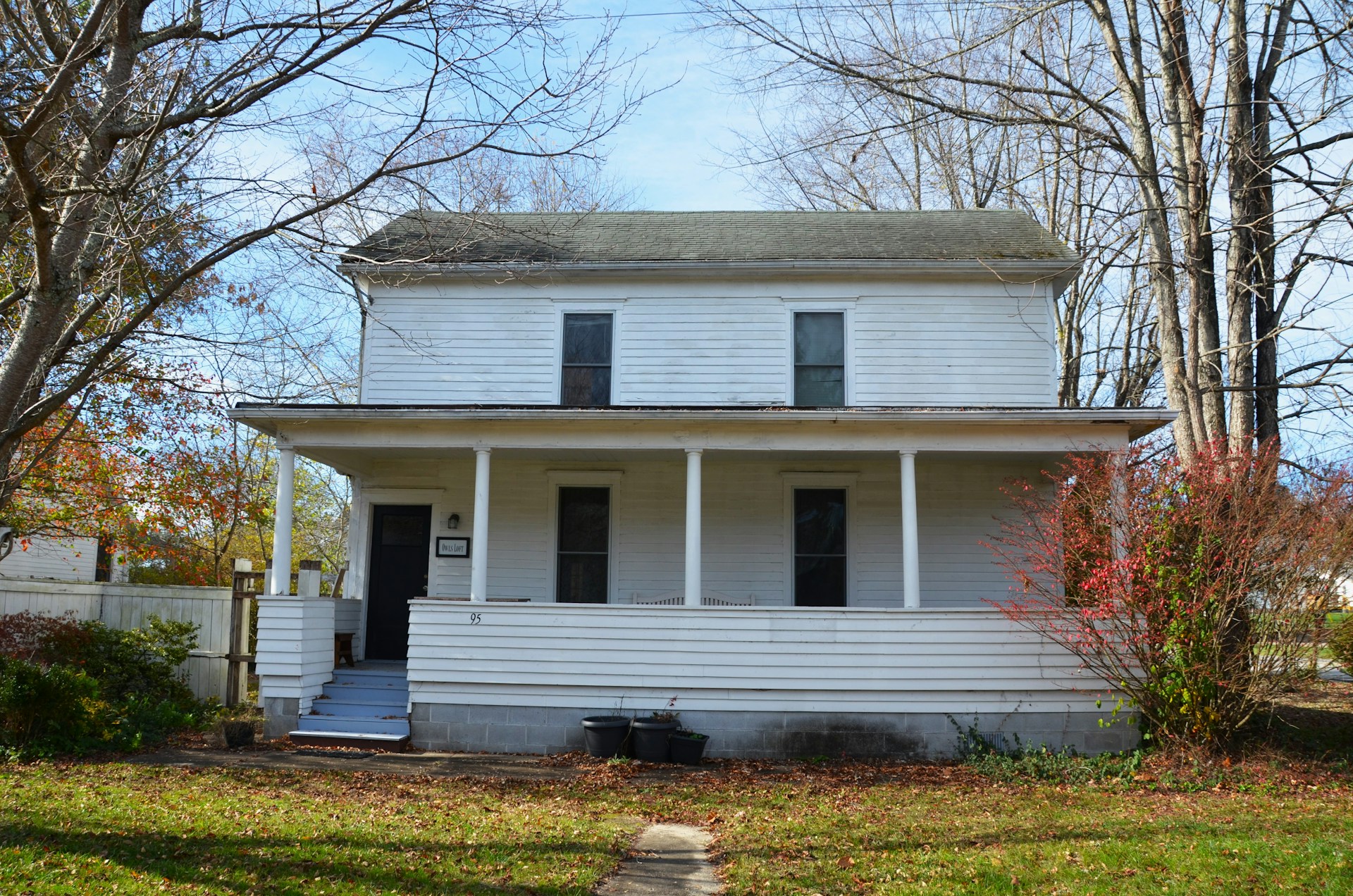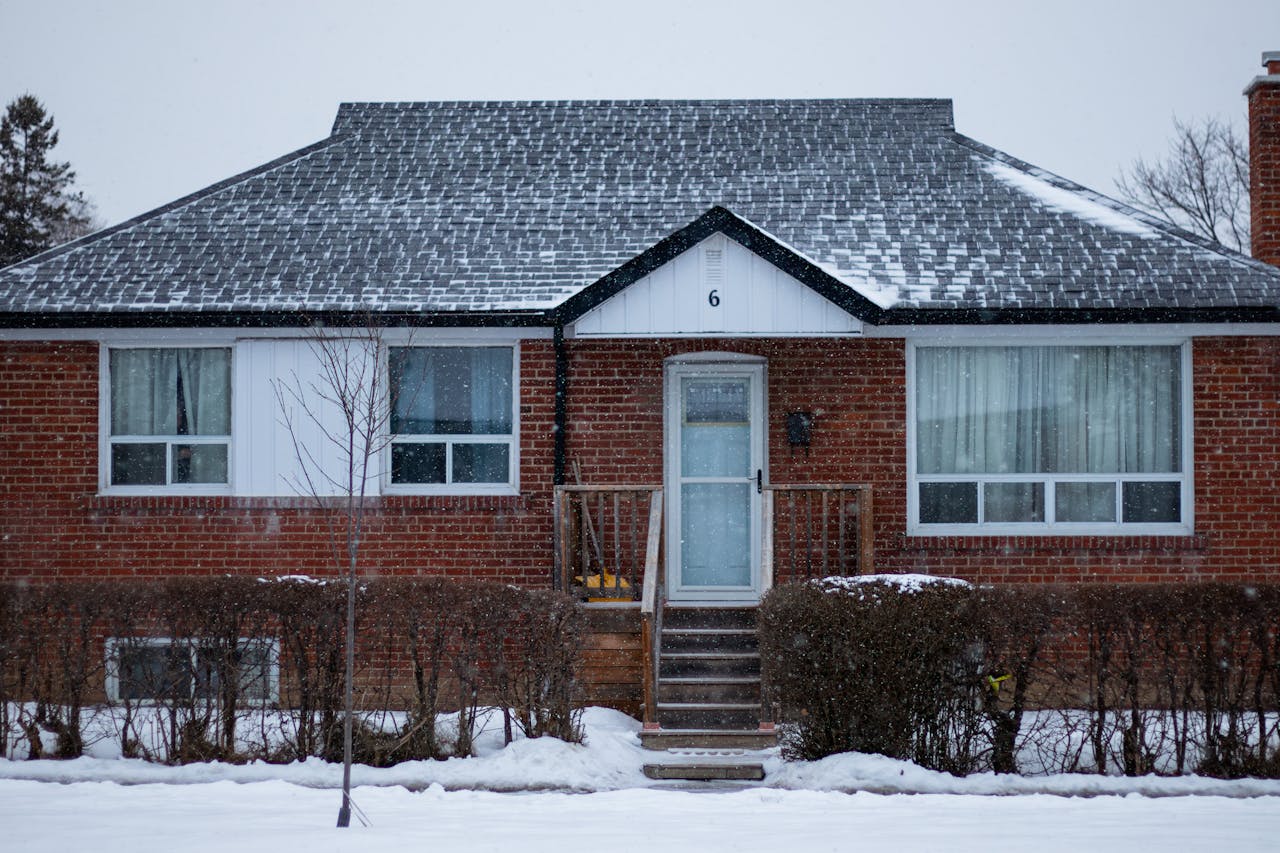
Homeowners in rural areas of Texas face unique challenges when it comes to insurance. One of the most significant factors that affect rural home insurance is fire department access. In remote locations, the distance from fire stations, limited water sources, and slow response times can increase the risk of property damage in case of a fire. This can lead to higher insurance premiums or difficulty obtaining adequate coverage.
What is Rural Home Insurance in Texas?
Rural home insurance is a type of coverage designed to protect homes located in remote or less populated areas, such as farms, ranches, and properties far from cities and towns. These homes often face unique risks, such as wildfires, limited emergency services, and fewer nearby resources. Rural home insurance helps cover potential damage to the property caused by fire, weather, vandalism, or accidents.
Because of the location and lack of nearby services, rural homes may have different insurance needs compared to homes in urban areas. Typically, rural homes are more vulnerable to certain types of damage, including fire and flooding, making comprehensive coverage essential for homeowners. With limited fire department access, rural homeowners may face higher premiums and more difficulty finding affordable insurance.

The Importance of Fire Department Access
In rural Texas, fire department access is a critical factor in home protection. Fire departments play a vital role in keeping homes safe by responding quickly to fires and preventing further damage. The faster a fire department can reach a property, the less damage there is likely to be. Unfortunately, many rural areas in Texas face the challenge of being far from fire stations, which can result in longer response times during an emergency.
The distance between a home and the nearest fire station impacts how quickly firefighters can arrive at the scene. This delay in response time can cause significant damage to the property, especially if a fire is allowed to spread. Additionally, many rural areas may not have reliable access to fire hydrants, further complicating efforts to extinguish fires quickly.
What is the Public Protection Classification (PPC)?
The Public Protection Classification (PPC) system is used to evaluate the fire protection services in a community. The Insurance Services Office (ISO) assigns a rating from 1 to 10, with Class 1 indicating the highest level of fire protection and Class 10 representing the lowest. The PPC rating is determined based on several factors, including the quality of the fire department, water supply availability, and emergency communication systems.
For rural areas, a higher PPC rating (Class 8-10) often means that fire services are limited or harder to access. Homes in areas with a higher PPC rating face longer response times and fewer resources, increasing the risk of severe damage from fire. As a result, homeowners in these areas may see their insurance premiums rise or find it more difficult to get coverage from some insurance companies.
The Impact of Limited Fire Department Access on Insurance
When fire department access is limited, rural homeowners may find that their home insurance premiums are higher. This is because insurance companies consider homes that are far from fire stations or lack proper water supply sources to be higher risk. Insurance providers often charge higher premiums to compensate for the increased potential for property damage during a fire emergency.
Additionally, homes in rural areas with a PPC rating of Class 8 or higher may not be able to secure standard home insurance policies. Some insurance companies may refuse coverage or only offer limited coverage for homes that are far from fire protection services. This can be frustrating for homeowners who are unable to afford the added costs or find alternative insurance options.
Tips for Rural Homeowners in Texas
While rural homeowners may face challenges with fire protection and insurance, there are steps they can take to reduce their risk and potentially lower their premiums:
- Install Fire Suppression Systems: Adding sprinklers or fire-resistant materials to your home can reduce the chances of a fire spreading.
- Create Fire Breaks: Clear vegetation and debris around your property to help prevent wildfires from reaching your home.
- Ensure Clear Access for Emergency Vehicles: Make sure that emergency vehicles can easily reach your home by maintaining clear roads and driveways.
- Engage with Local Fire Services: Stay in touch with your local fire department to understand what services are available and if any improvements can be made in your area.
- Review Your Insurance Policy Regularly: Work with your insurance agent to make sure your coverage reflects the unique risks of your rural property.
By taking these proactive measures, rural homeowners can reduce their risk and potentially lower their insurance premiums, while ensuring they have the protection they need.
Start Your Quote Today
Our licensed specialist will search for the best insurance quotes and will email you when ready.



